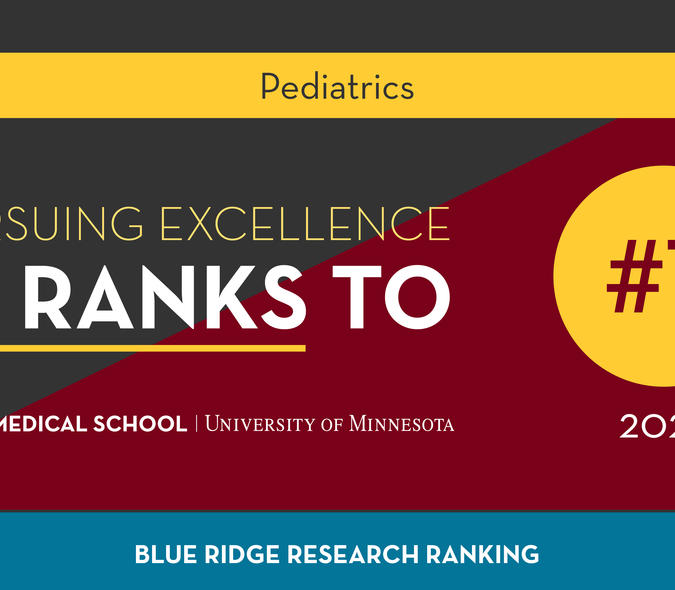Statewide study of youth oral health reveals serious care gaps for Minnesota kids in foster care
It’s no secret that children in the foster care system often face hardships that many of their peers may not have to deal with. One University of Minnesota researcher, Rebecca Shlafer, PhD, MPH, Assistant Professor in the Division of General Pediatrics and Adolescent Health at the University of Minnesota, recently witnessed these hardships firsthand as she and her husband unexpectedly became foster parents. Dental issues for one of the children quickly arose, prompting Dr. Shlafer to seek treatment options at the surrounding metro dental clinics. Every dentist office Dr. Shalfer called told her that they weren’t accepting appointments for children on Medicaid insurance or the wait for an appointment was over a year. Using her contacts at the University of Minnesota, she quickly discovered that Minnesota’s reimbursement rates for Medicaid patients were so low that dentists cap the number of patients with this insurance they treat to prevent losing money.
To help address this discriminatory issue, Dr. Shlafer, Elise Sarvas, DDS, MSD, MPH, and Kimara Gustafson, MD, MPH, Assistant Professor in the Division of General Pediatrics and Adolescent Health at the University of Minnesota collaborated on a research paper to outline and address this problem with factual information. As the group of interest in the study was composed of minors, this made obtaining data for the study much more difficult. Additionally, children in the foster care system typically live below the radar and are often overlooked, further reducing records and making it hard to track the kids down. Therefore, the doctors used the Minnesota Student Survey, a survey administered to students across Minnesota starting in the fifth grade and recurring every three years until they reach the eleventh grade. From this survey, researchers could use the children’s own responses and information regarding their experiences in the foster care system along with access to dental care. By compiling this data, the researchers were able to make a factual argument for their case, showing that children in the foster care system are being neglected when it comes to dental health compared to their peers not in the foster care system. Researchers hope this data will spark a conversation and change to prevent barriers foster care children face obtaining simple dental care. To read the full article and more about the research, follow this link.

